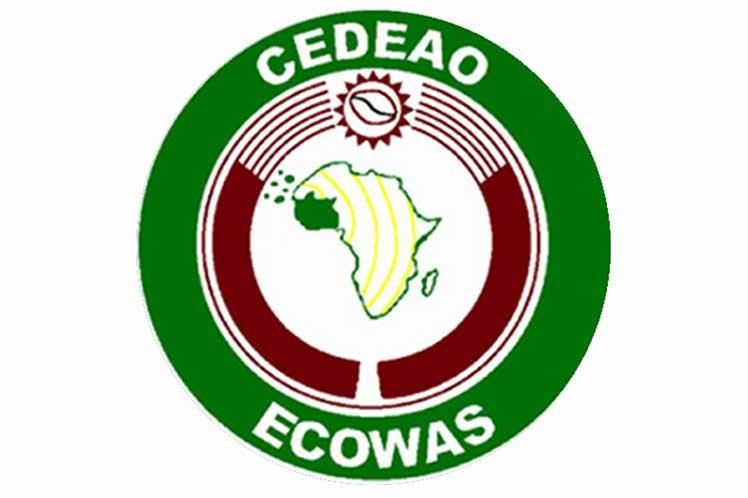African Development Fund mobilises a historic $11 billion, marking a new era of African ownership and investment-led development

The African Development Fund (ADF), the concessional financing arm of the African Development Bank Group, has secured a record $11 billion from 43 Partners for its 17th Replenishment (ADF-17), the largest in the Fund’s history, despite severe global fiscal constraints and declining aid budgets.
Energizing Education – African Development Bank Powers Eight Nigerian Universities with 36.5 MW Solar Hybrid Stations

At Nigeria’s Federal University in Lafia, in the north-central part of the country, a new solar hybrid project financed by the African Development Bank Group is making a difference in the lives of people by delivering reliable electricity to classrooms, laboratories, offices and other facilities. Power cuts that were once common are becoming a thing of the past.
African Development Bank Group awards $16.6 million grant to IITA to scale agricultural technologies in Africa

The African Development Bank Group (AfDB) and the International Institute of Tropical Agriculture (IITA) have signed a $16.61 million grant agreement to launch the third phase of the Technologies for African Agricultural Transformation Program (TAAT-III), aimed at scaling climate-resilient food production across the continent.
SADC and European Union undertake strategic review to strengthen Cooperation

The Southern African Development Community (SADC) Deputy Executive Secretary for Regional Integration, Ms Angele Makombo N’tumba, on 12 February 2026, received a courtesy call from Mr Giuseppe Busini, Senior Inspector at the European External Action Service (EEAS). The meeting took place at the SADC Secretariat Headquarters in Gaborone, Botswana.
Investing in the Africa We Want: How AfDB Group’s Multi-Purpose Dams are powering continental prosperity

As African leaders convene in Addis Ababa for the 39th African Union Summit, the conversation is shifting from what holds the continent back to what will propel it forward. Under the 2026 AU Summit theme, "Assuring sustainable water availability and safe sanitation systems to achieve the goals of Agenda 2063," the importance of water is being redefined: water, more than a necessity, is a strategic pillar for economic prosperity, a cornerstone of public health, and a shield for resilience.
Nigeria: the African Development Bank Group approves $200 million to boost agricultural production and reduce food imports

The Board of Directors of the African Development Bank Group has approved a $200 million loan to finance the scale up of priority agricultural investments that boost productivity, strengthen value chains and accelerate climate-smart, data-driven farming under the second phase of the Federal Government of Nigeria's National Agricultural Growth Scheme – Agro-Pocket (NAGS-AP).
African Development Bank Group supports Benin’s sustainable transformation through circular economy

The Republic of Benin has formalised its Circular Economy Action Plan (CEAP), which aims to embed circularity at the heart of economic growth by strengthening national competitiveness, resilience and sustainable development. Launched on 5 February 2026, the plan is supported by the African Development Bank’s African Circular Economy Facility.
Morocco: Grant agreement between the African Development Bank Group and Bank Al-Maghrib to develop electronic payments and strengthen financial inclusion

The African Development Bank Group, through the Africa Digital Financial Inclusion Facility (ADFI), has awarded a grant of USD 510,000 to the Electronic Payments Acceptance Development Fund set up by Bank Al-Maghrib (Morocco's Central Bank).
ECOWAS AND SWEDEN DISCUSS REGIONAL LABOUR MIGRATION GOVERNANCE AND FREE MOVEMENT

The ECOWAS Commission held a meeting on Tuesday, 3 February 2026, in Abuja with a delegation from the Embassy of Sweden to discuss regional labour migration governance and the ECOWAS free movement regime.
African Development Fund approves $24.45 million grant bringing safe water and sanitation to Somali towns

The Board of Directors of the African Development Fund, the Bank Group’s concessional window, has approved a $24.45 million grant to improve access to clean water and sanitation in Somalia.




